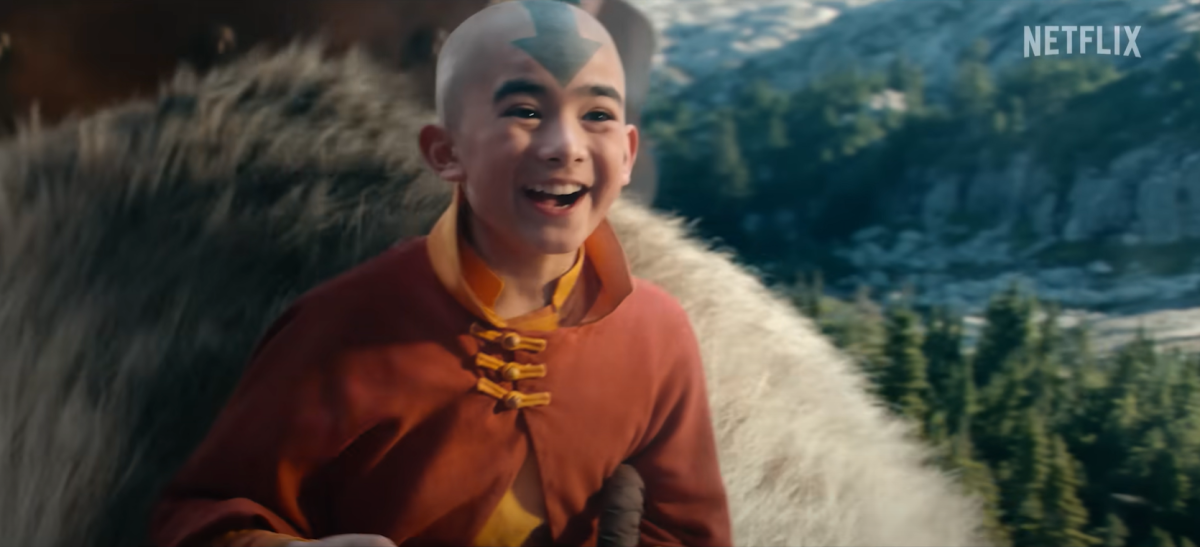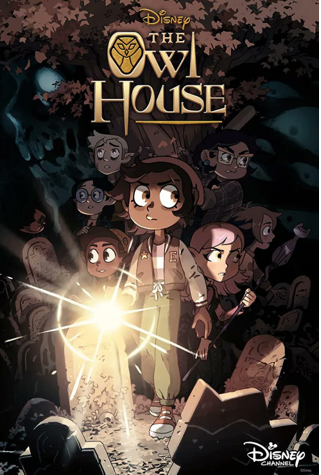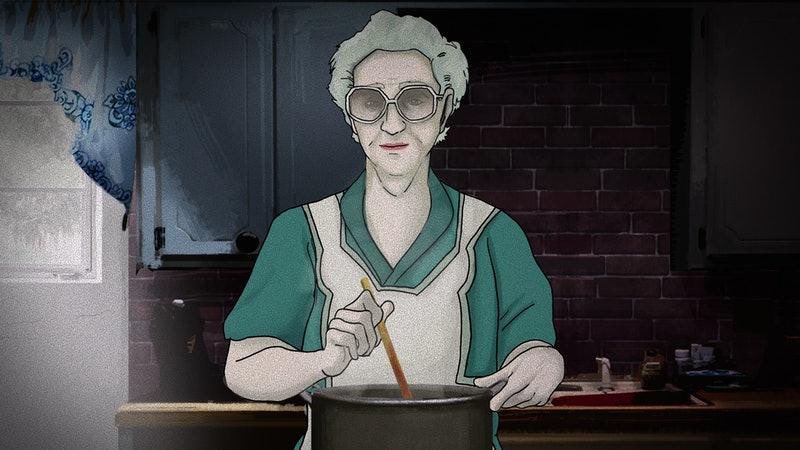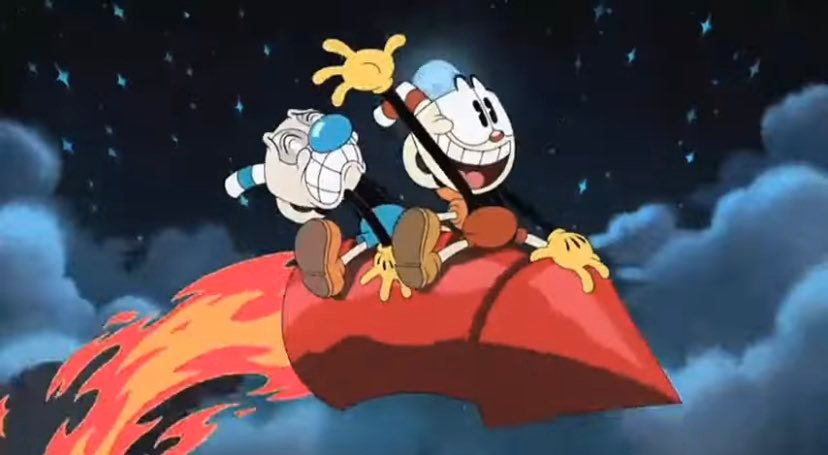Jean-Pierre Melville is the coolest director ever.
The Frenchman’s coolness exudes out of his films often through his characters like the cool, calm and collected hitman Jef Costello in Le samourai, one of the many Alain Delon (think the George Clooney or Brad Pitt of France) led films Melville has directed.
But Army of Shadows is a turn of the page for Melville. While his usually subdued and minimal directorial style is still largely if not more so present, the film’s content is a change of pace for Melville watchers. Melville’s years leading up to 1969’s full color Army of Shadows were often categorized by dismally cool black and white and sometimes color gangster pictures, Melville and France’s answer to the American film noir.
Army of Shadows, perhaps Melville’s most impressive work, is a film set during the occupation in France in 1942 about the daily struggle of French resistants, their efforts and the decisions they have to make. It’s a far cry from the gangsters and hitmen played by the likes of Jean-Paul Belmondo in films like Le doulos and Le deuxième souffle.
What makes the resistance of Army of Shadows so special is in the patriotic way they are portrayed. You can tell Melville is proud of his country’s efforts to hold opposing forces off during the time of World War II, and it shows with the full earnest and effort of this specific group of French resistants led by Philippe Gerbier, who is played wonderfully by the restained Lino Ventura, a name that will be familiar to Melville fans.
Take Melville’s Army of Shadows and compare it to any similar film found in Hollywood these days and the differences will be astounding. Melville’s film is sparse of action, but does have a few jaw-dropping scenes of amazement. It’s a slower film, but patience is rewarded with superb development of characters that elevate the film’s patriotic notion of working together and the solitude and honor among men and women fighting for the same cause. The film’s message of strong patriotic relationships and its highly valued beliefs are reason alone to see this film.
There is an important moment in Army of Shadows where Gerbier is placed in a situation where he must decide between being honorable or cowardly. Gerbier repeats to himself over and over that he will not take the cowardly route, he will not fall back on his word no matter what his feet might want to do. I’ll leave the outcome and specific situation for your personal amazement, but it’s this kind of personal decision that must be made time and time again in Army of Shadows. Where does your honor lie in the fight against the opposition, and how far will it go?
The characters in Melville’s films are portrayed as loving heroes. The portrayal of the resistance as a whole is comparably rather bleak and unforgiving, with not much hope for success. The characters appear very conscious and aware of their inevitable outcomes if they should get caught trying to kill and informer or plot a movement against the Nazis. It’s a very sullen outlook, but perhaps just and appropriate. The film’s tones are cold to match, made up of dark blues and greens, along with a very dull, dark and barren appearance as the background for the message being delivered.
Another reason to see this film is the simply stunning piece of work that Army of Shadows ends up being. I’ve mentioned already that Melville’s a patient and a careful not to overdo director, he always had been and always was. In his classic heist film Le cercle rogue, Melville creates a sequence of cuts that result in one of the most silent, subdued and patient heist scenes, ranking a notch below Jules Dassin’s even quieter heist scene in his masterpiece Rififi. The same smooth editing and restrained artistic style carries over into Melville’s take on the French resistance, where moments take natural and authentic amounts of time and sink deep into your skin. You can’t expect this film to have the same upbeat pace of a more modern wartime film, it’s just simply not how Melville’s camera worked.
Army of Shadows wasn’t well-received upon its initial release, but when it was first released in the United States in 2006, it strangely enough found itself on its way to being named the best film of 2006 by many mainstream critics even though it was nearly 40 years old at the time. It’s an important film from an important director. Melville’s film tells a daunting story of a limited number of the many French resistance fighters that came and went during World War II and at its simplest moments provides a great lesson in honor, pride and cause.










